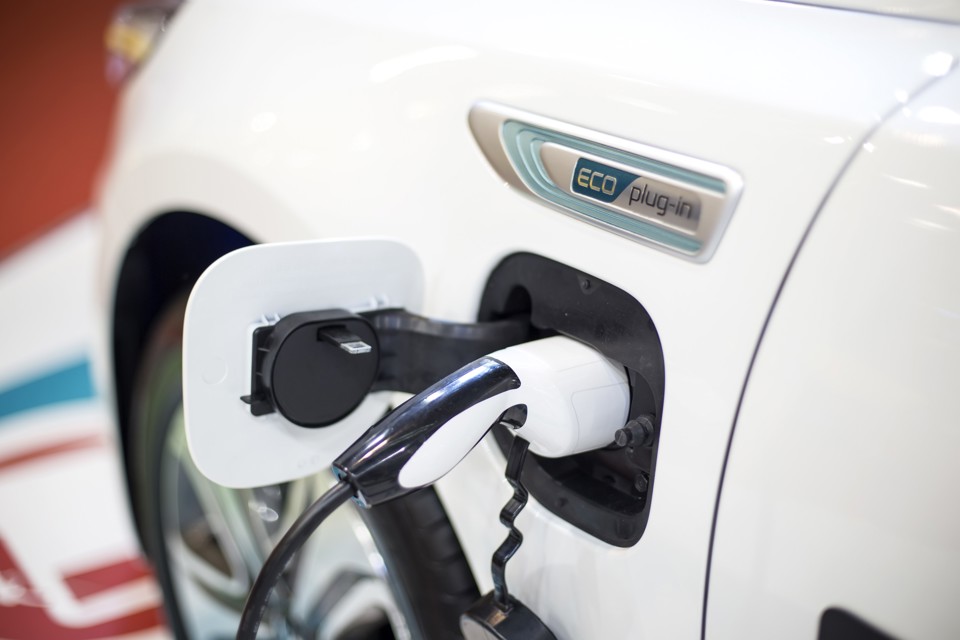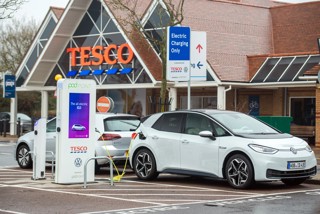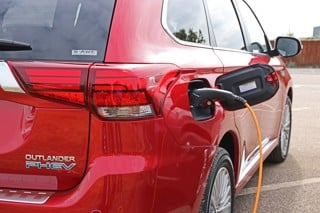The Government will double the funding for residential, on-street electric vehicle (EV) charge points to £10 million next year.
The charge point cash could fund up to another 3,600 charge points across the country and make charging at home and overnight easier for those without an off-street parking space, it said.
Announcing the cash boost, the transport secretary Grant Shapps also said the Department for Transport (DfT) want to make sure drivers can easily access real-time information about places to charge their electric car.
It is looking at how to make information about all public charge points including locations and power ratings openly available in a standard format for the first time.
The DfT will look at how real-time information could be published, showing whether charge points are in working order and currently in use, which could then be used by developers and incorporated into sat navs and route mapping apps
Ensuring that charging an EV is a convenient and simple process is crucial to meeting the Government’s ambitions of phasing out petrol and diesel cars, it said.
Shapps explained: “We want to make electric cars the new normal, and ensuring drivers have convenient places to charge is key to that.
“By doubling funding again for charge points on streets where people live and opening up data we are helping drivers easily locate and use affordable, reliable charge points whether at home or on the road.”
Government and industry have already supported the installation of more than 17,000 devices, providing 24,000-plus publicly available charge points, of which some 2,400 are rapid charge points.
The UK now has one of the largest charging networks in Europe with more locations where you can charge your car than there are petrol stations.
Future of transport minister George Freeman said: “The new Government is accelerating UK leadership in digitalisation and decarbonisation through our future of transport strategy.
“Supporting the smart use of open data for new apps to help passengers and drivers plan journeys, and to reduce congestion and pollution, is key.
“Comprehensive charge point data is crucial for mapping charging hotspots and notspots for consumers, to help to drive forward the electric vehicle revolution.
“We urge local councils to make use of the funding available to ensure their residents feel the benefits of cleaner transport.”
The Government has already challenged industry to provide debit and credit card payment at all newly installed rapid charge points and develop a roaming solution across the charging network, allowing EV drivers to use any public charge point through a single app or payment method.
While the additional cash is a step in the right direction towards net zero-emissions by 2050, Chris Burghardt, managing director of Europe at ChargePoint, believes there is still more to be done by the Government in terms of incentives and funding.
He said: “We welcome the governments doubling of funding for on-street Electric Vehicle (EV) charging points to £10M. However, for the expansion of the network to make a real shift forward, the government needs to continue to focus on helping workplaces electrify cheaply and quickly.
"It should also provide support to ensure the UK’s rapid charging network can expand further into major cities and rural communities.”
The announcement today follows the establishment of the Government’s National Chargepoint Registry (NCR) in 2011, which is an open source of data for all public charge points.
All publicly funded charge points are already required to be uploaded onto the NCR, but the Government now aims to ensure information on all public charge points is released.























Login to comment
Comments
No comments have been made yet.